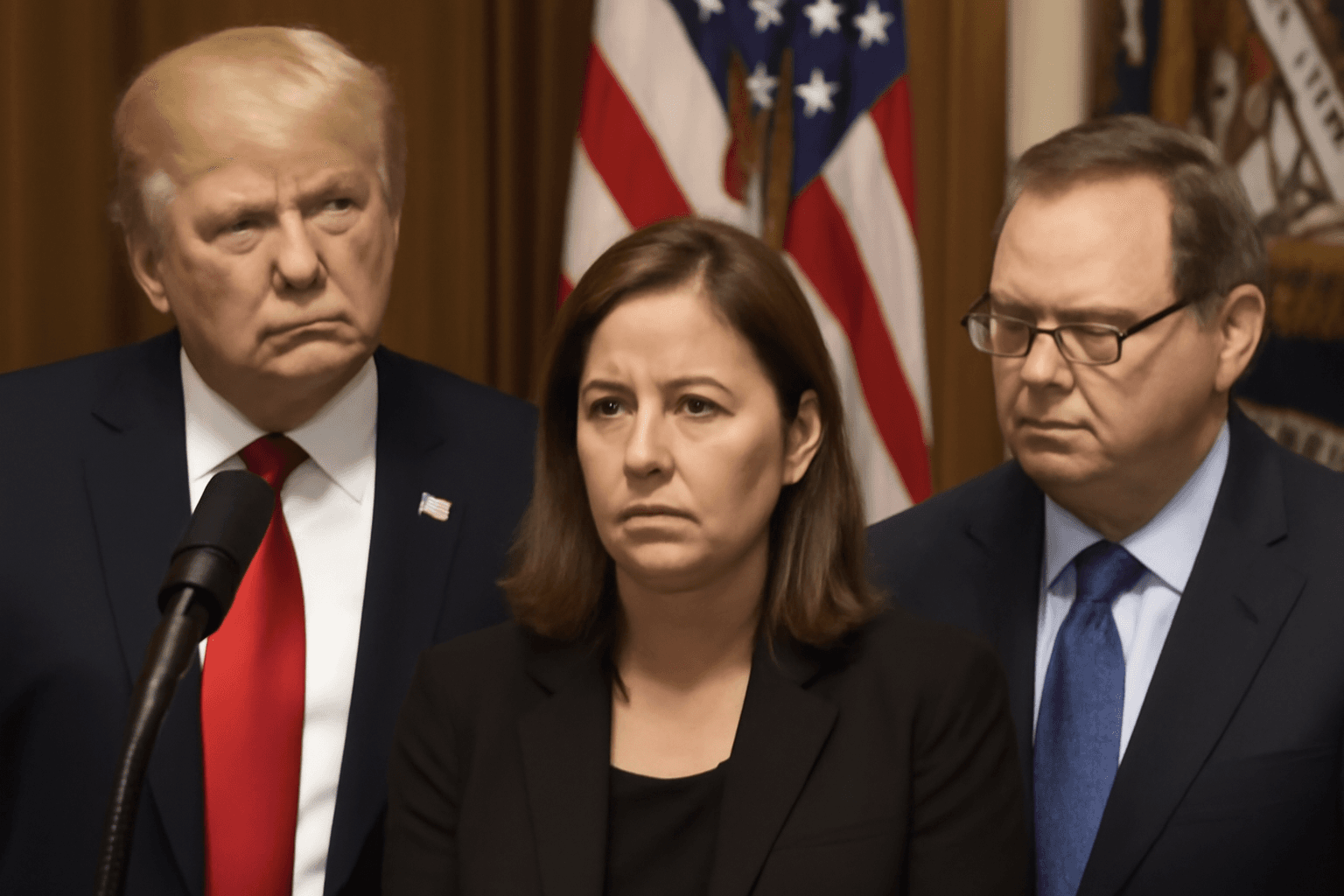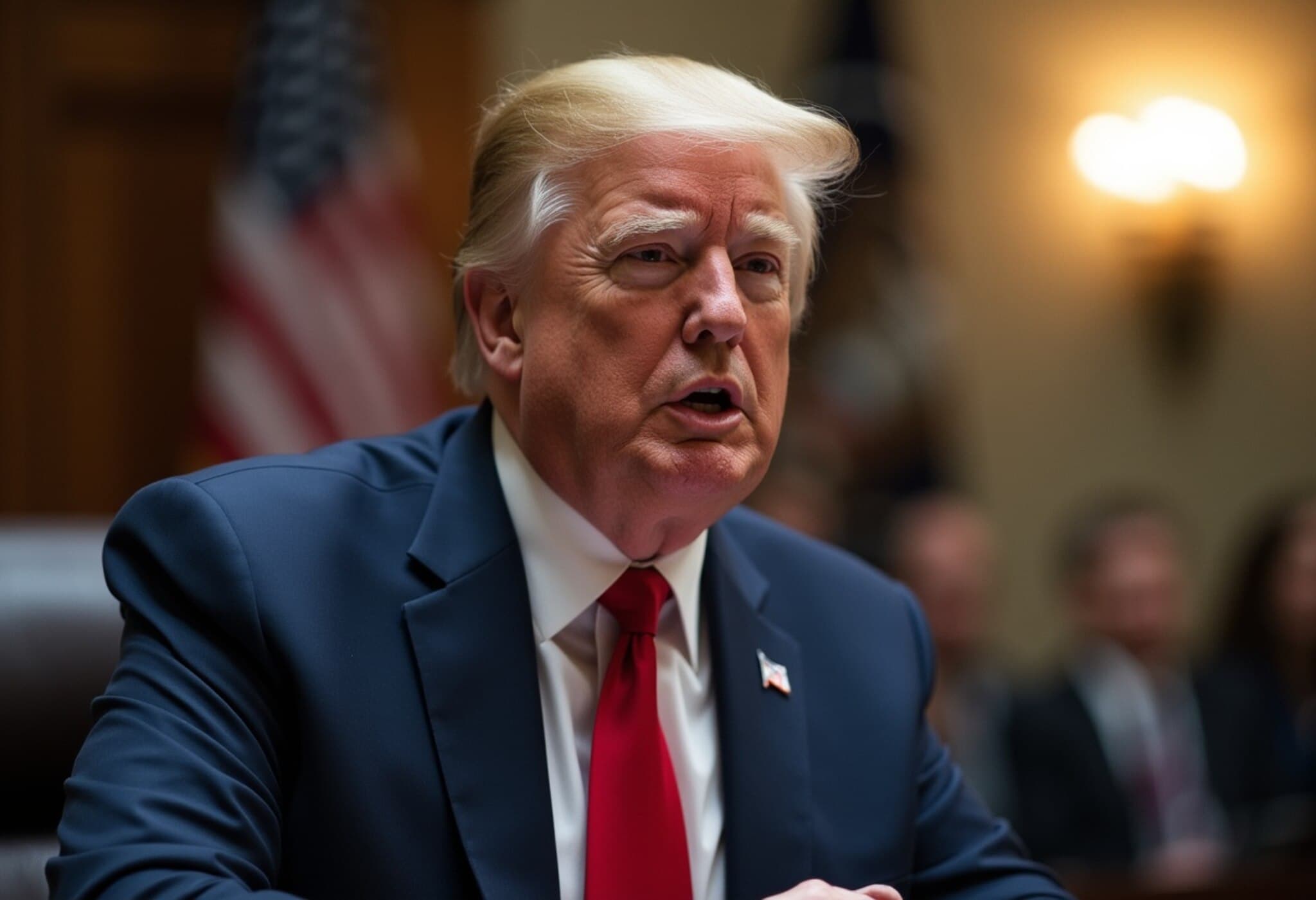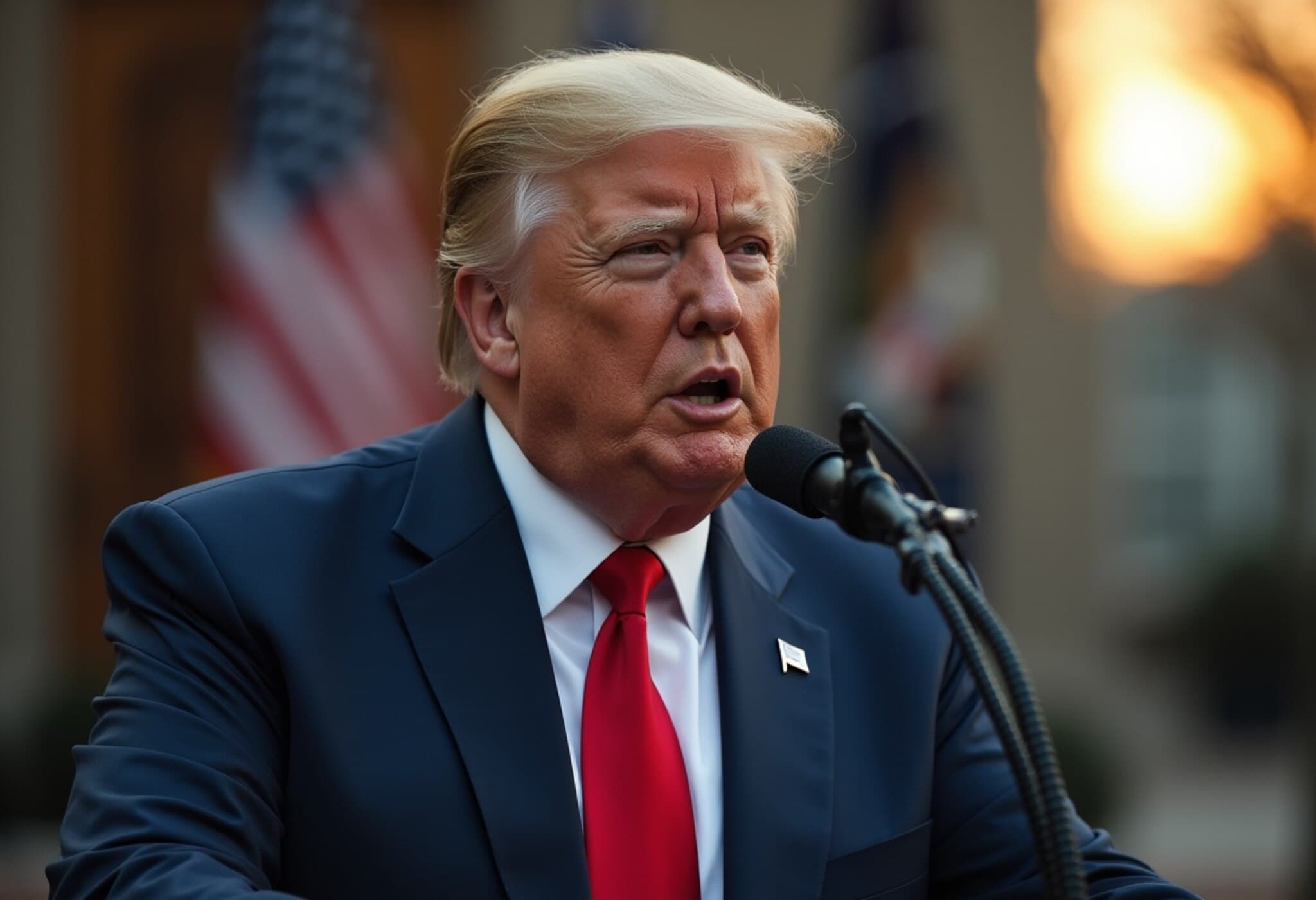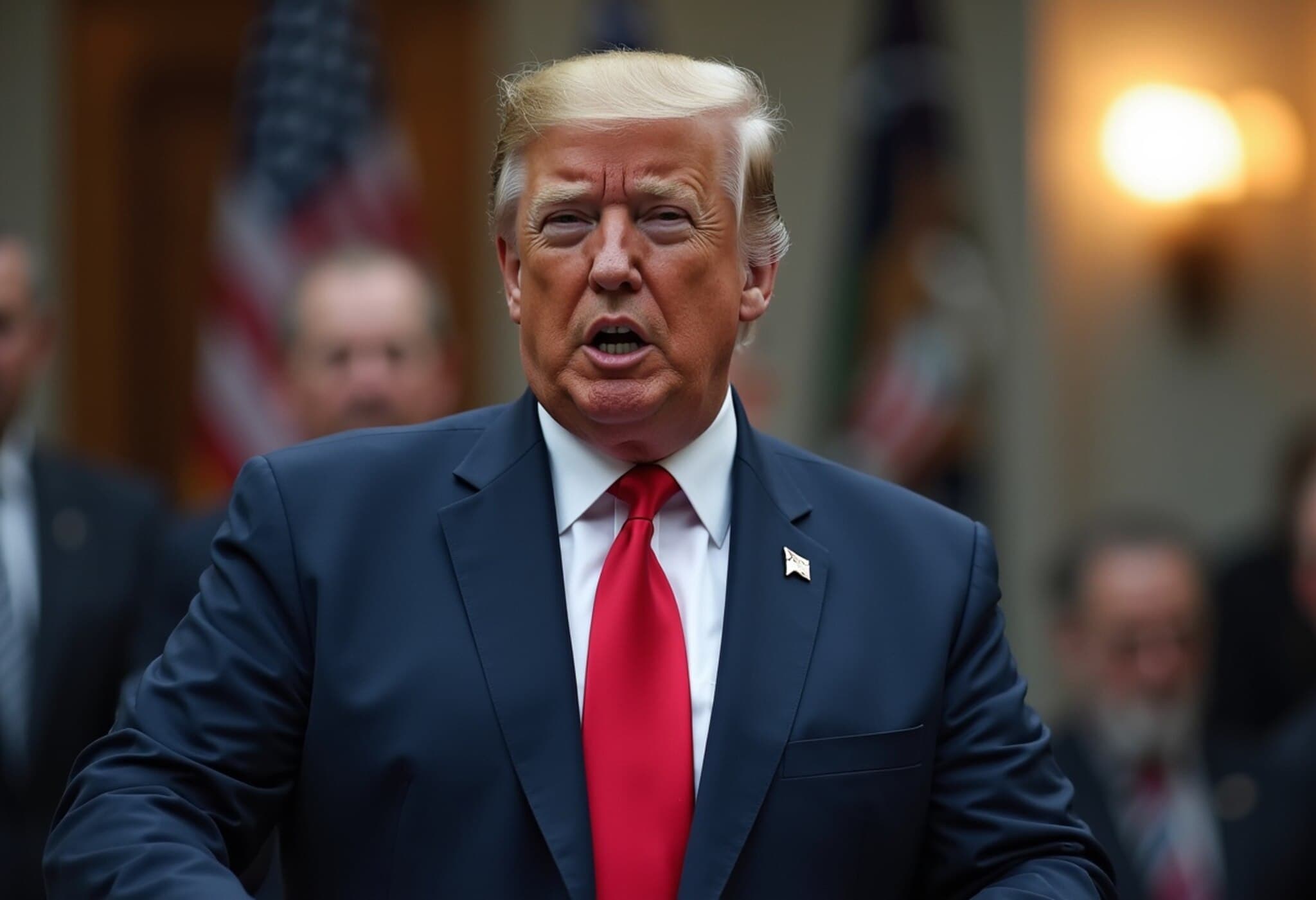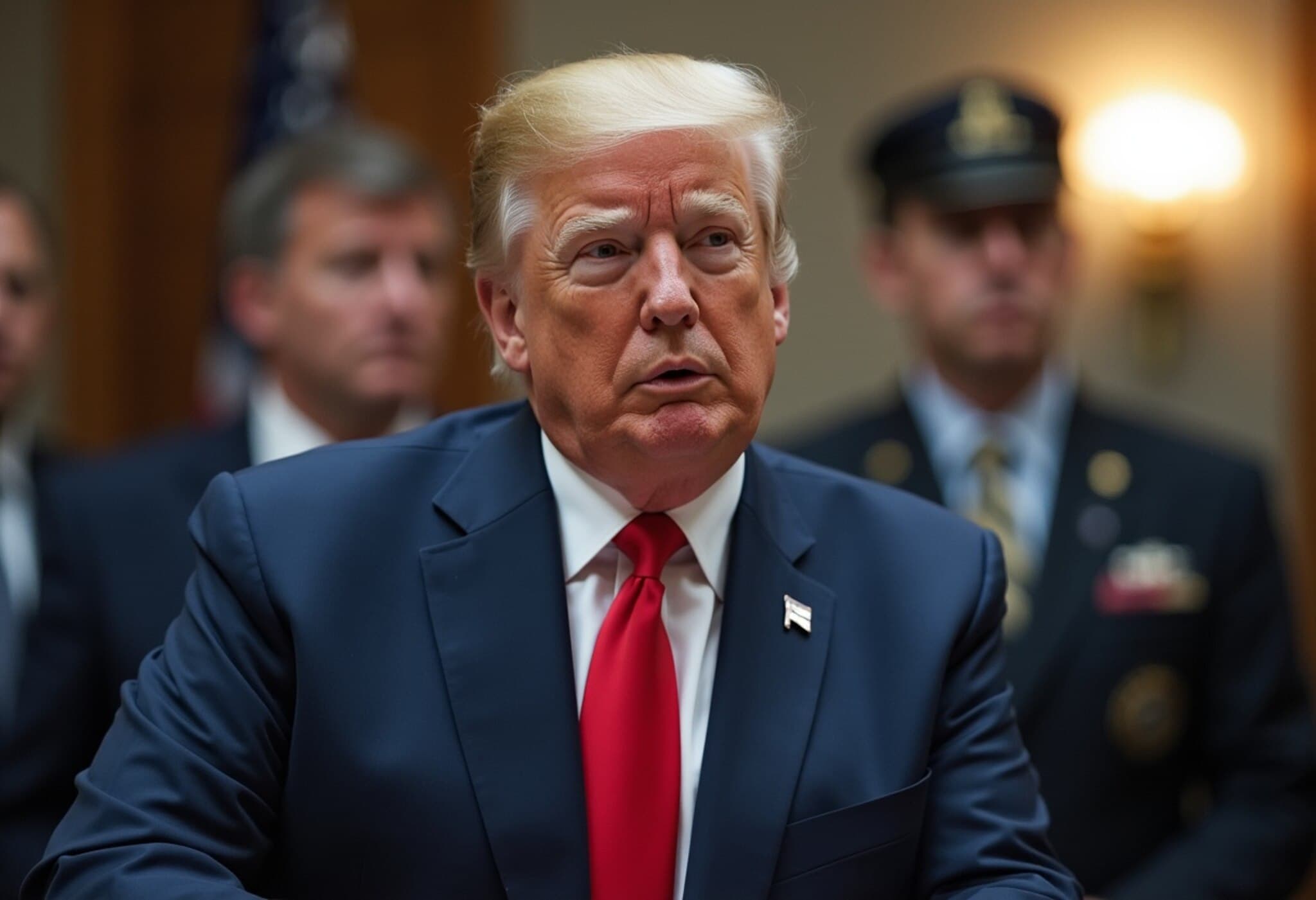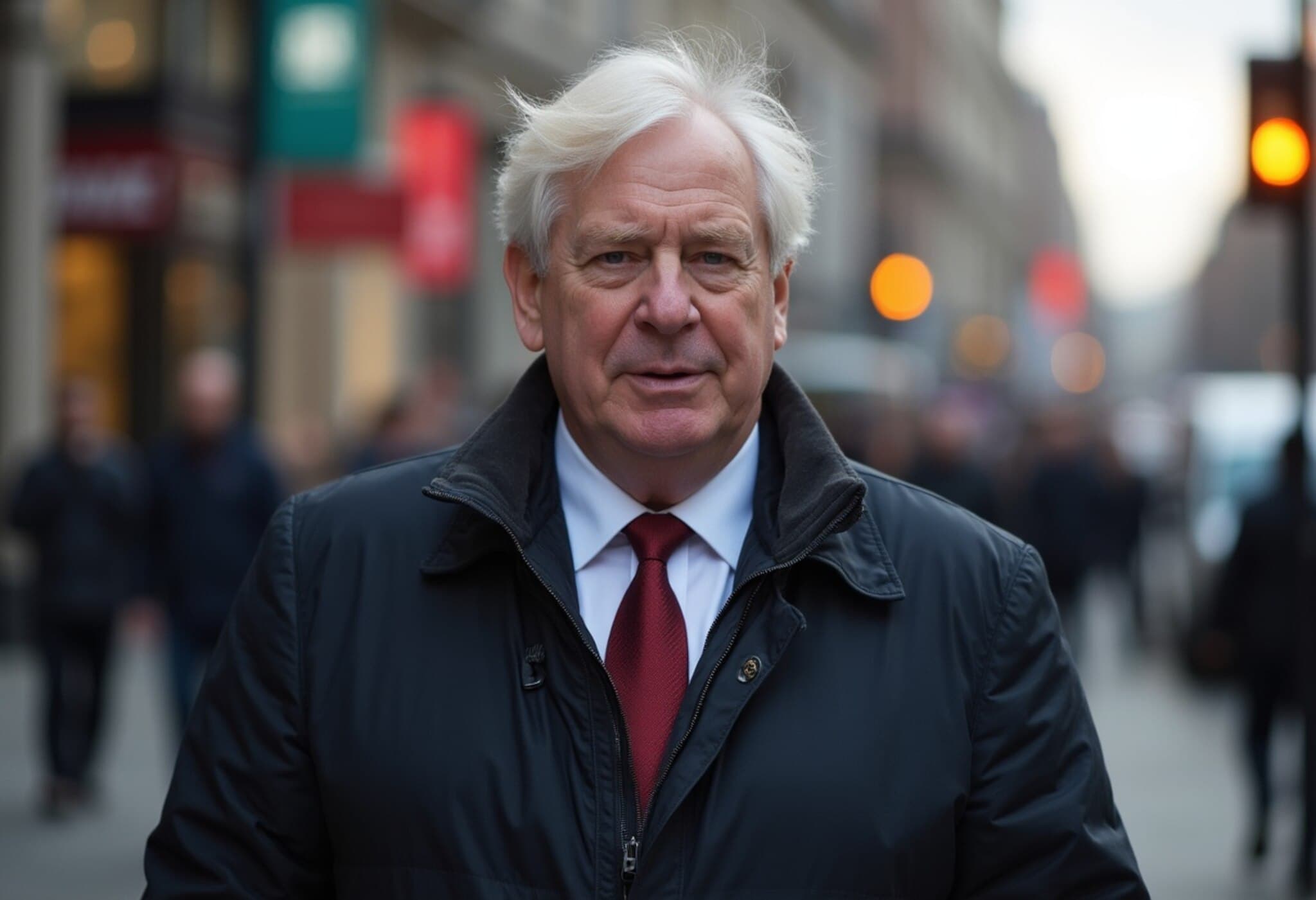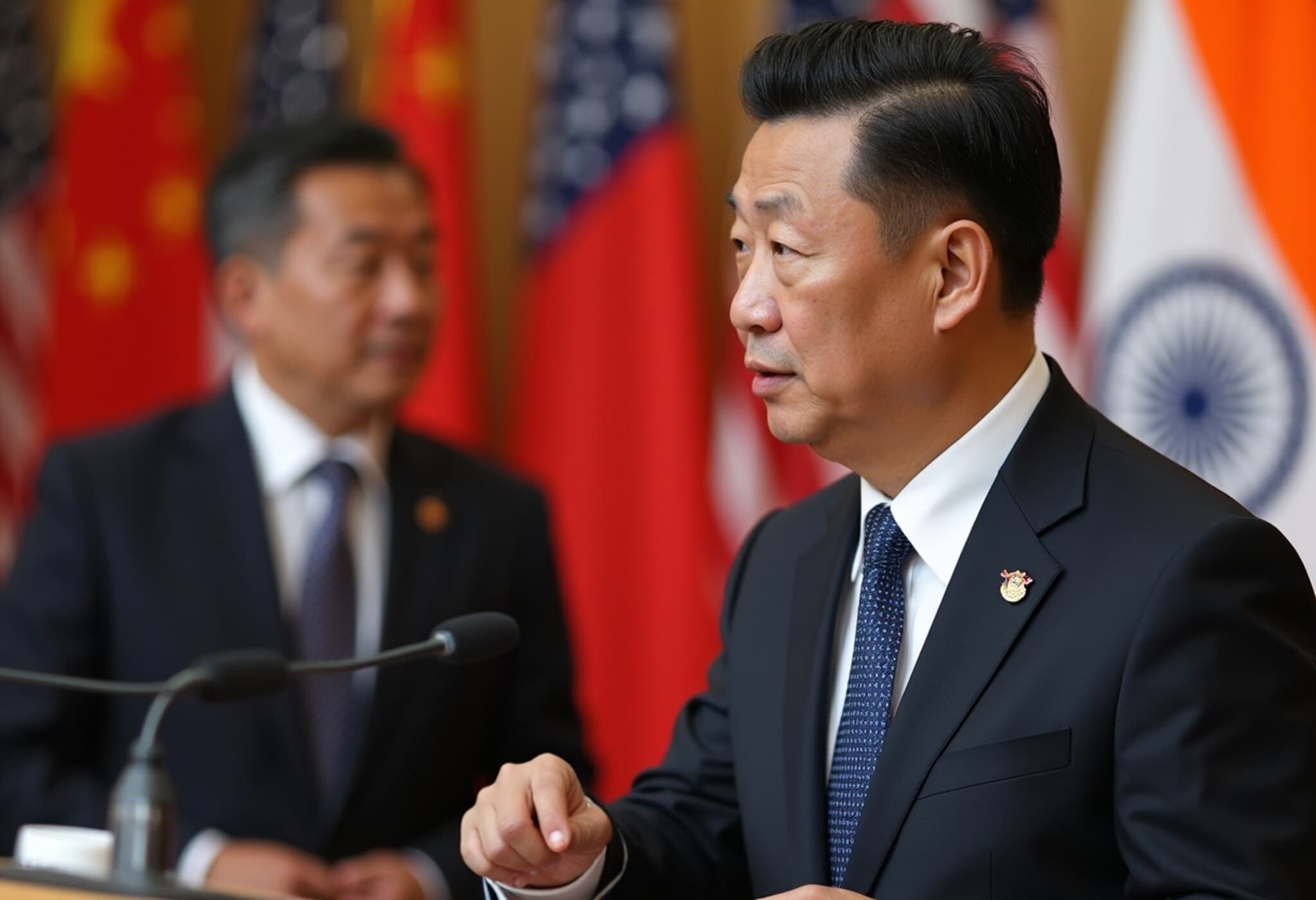UK Government Poised for Tax Increases Despite Public Denials
Despite official reticence, economic experts increasingly warn that the UK government will likely need to implement tax rises this coming autumn. Leading voices, including the National Institute of Economic and Social Research (NIESR), forecast looming fiscal challenges that necessitate tough financial decisions.
The Looming Fiscal Gap: Why the Treasury Faces Pressure
The British Treasury, under Chancellor Rachel Reeves, is navigating a complex fiscal landscape where self-imposed budgetary rules demand a balancing act.
NIESR's recent economic outlook highlights a projected £41.2 billion deficit in fiscal year 2029-30, which threatens to breach the government's 'stability rule'—a mandate requiring day-to-day spending to be covered by tax revenues rather than borrowing.
Moreover, there's the 'investment rule,' which requires government debt relative to GDP to be on a downward trajectory by the end of the current parliament (2029-30). Failure to meet these targets could undermine economic confidence and Britain's creditworthiness.
The Chancellor's 'Trilemma': Balancing Tax, Spending, and Politics
At the heart of the issue lies what NIESR calls the “Chancellor’s Trilemma.” Ms. Reeves faces an impossible trio of commitments:
- Compliance with fiscal rules demanding budget discipline,
- Upholding recent spending promises, including a significant public spending increase, and
- Respecting the Labour Party’s manifesto pledge not to increase taxes on working people.
Accordingly, one of these promises will have to yield. Given the government's fixed spending plans, experts suggest the government’s most viable lever is to increase taxation modestly but consistently.
Which Taxes Might Rise? Exploring the Options and Their Implications
NIESR points to several potential tax adjustments, yet highlights the limited and unpalatable nature of these options. The government could consider:
- Value-Added Tax (VAT): While economically less distortive, VAT hikes disproportionately impact lower-income households, raising fairness concerns.
- Income Taxes: Increasing rates may be more equitable but politically controversial, especially given Labour’s manifesto pledges.
- Corporation Tax: Revisiting the current 25% cap could yield revenue but risks dampening business confidence amid already fragile economic sentiment.
- National Insurance Contributions (NICs): Increasing employee NICs might generate significant revenue but contradicts promises to protect working people and may deter job creation.
- Other Measures: Scaling back tax-free savings allowances or hiking capital gains tax—though motivated by fairness—could discourage saving and investment.
Moreover, any reversal on welfare reforms or benefits such as winter fuel payments to pensioners adds to fiscal pressures and complicates policy choices.
Political Responses and Public Messaging
When asked about the NIESR report, Prime Minister Keir Starmer avoided confirming tax hikes but didn’t rule out increases to VAT, income tax, and corporation tax. He expressed skepticism about the figures but deferred definitive plans to the autumn budget announcement.
Chancellor Reeves’s last budget in late 2024 introduced a £70 billion spending boost funded partly through borrowing and £40 billion in tax rises, mainly hitting businesses. At the time, she described these measures as one-off, insisting no further tax increases or borrowing would follow—yet current forecasts question that assurance.
Underreported Dimensions: The Economic and Social Stakes
The tax conundrum isn’t just about numbers; it reflects deeper challenges:
- Economic Growth vs. Fiscal Responsibility: Raising taxes risks slowing economic recovery and business investment, at a time when global inflationary pressures and geopolitical uncertainties loom large.
- Social Equity: Decisions on tax increases intersect profoundly with fairness, especially given the regressive nature of VAT and the political sensitivity around taxing working families.
- Public Trust: Conflicting government messages about tax policy could erode public confidence, emphasizing the importance of transparency and clear communication.
Looking Ahead: What the Autumn Budget Could Reveal
The forthcoming Autumn Budget will be a litmus test of the government’s fiscal philosophy and political pragmatism. Given the constraints:
- Some tax increases seem unavoidable, albeit carefully calibrated to balance economic growth, fairness, and political viability.
- Policy adjustments might include targeted reliefs, designed to minimize adverse effects on vulnerable groups.
- Dialogue with stakeholders—businesses, labor groups, and citizens—will be critical to build consensus and maintain confidence.
Editor’s Note
The UK's fiscal crossroads underscore a challenging balancing act where economics, politics, and social equity collide. As Chancellor Reeves confronts the 'trilemma', questions arise about the sustainability of past pledges and the realistic options available moving forward. Will tax rises be inevitable, or can innovative policy solutions bridge the gap without compromising growth or fairness? The Autumn Budget will provide crucial clarity, but citizens and investors alike should prepare for a period of difficult choices and spirited debate.



